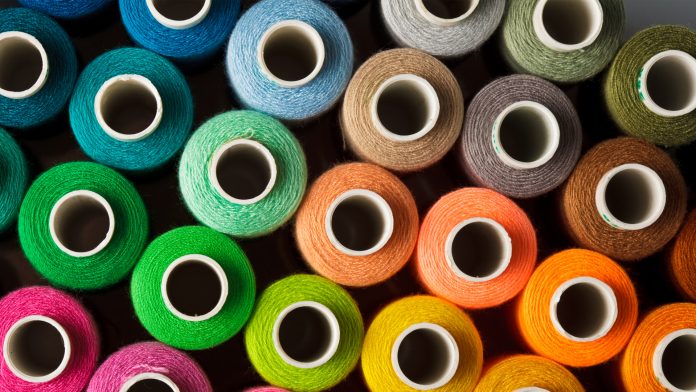Researchers at the University of York are working alongside the Royal College of Art in a new £5.4m project to reduce the environmental impact of the textile industry in the UK.
The environmental impact of the UK textile industry is huge, with, around one million tonnes of textile waste incinerated or sent to a landfill each year. As well as this, the industry’s emission levels are almost as high as the total CO2 emissions from cars.
The fashion industry is annually worth £32bn to the UK economy, but the majority of clothing, textile and yarn is imported. The COVID-19 pandemic has highlighted how fundamental these supply chains are to the UK.
In a bid to make the textile industry more sustainable, researchers at York, alongside the universities of Leeds, Manchester, Cranfield, Cambridge, and University College London, will use household waste, crop residues and used textiles to develop new products that can be produced in the UK.
Enzyme technology
In order to support this research, the University of York’s Department of Biology has developed technology that uses enzymes to deconstruct materials containing cellulose, such as natural and semi-synthetic fibres, crop residues, and solid waste products.
The enzymes help break down these materials into simple sugars, which are then be converted back into new cellulose by bacteria. This new cellulose is then used to spin fibres that can be woven to produce high-quality textiles. The high-quality textiles produced will supply the UK’s clothing and fashion sector.
Tackling pollution and stimulating economic growth
Professor Simon McQueen-Mason, from the University of York’s Centre for Novel Agricultural Products (CNAP), said: “The clothing and fashion sector is currently one of the most polluting, responsible for 10% of global greenhouse gas emissions and 20% of global wastewater.
“Our approach will dramatically reduce the carbon emissions and wastewater from textile production. As a result, it will create a more secure domestic supply chain, stimulating economic growth in the UK, while reducing waste.”
The research is part of the Royal College of Art’s Textile Circularity Centre (TCC) and is funded by UK Research and Innovation (UKRI).







